Progress is lukewarm
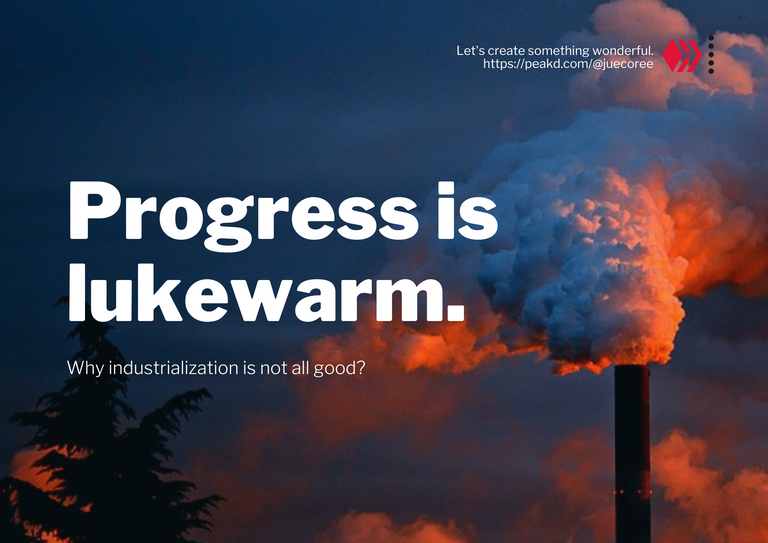
The rise and expansion of heavy industries paved the way for advances in science and technology. It is also the time of economic and social development during which human societies transition from agrestic to manufacturing-based society. We assess progress by how much industrial potential and prosperity. Industrialization is a technology and economic driver of cities around the world often affects the environment.
When people's financial capacity rise, the markets for various consumer goods and services follow through. However, it is not all benefits. We need to realize that it has inherent drawbacks. It may cause more than the progress it brings when unregulated. Our desire to make technological and economic gains induces ecological imbalances that deteriorate our environment. If it continues untreated, we can expect a severe threat to our humanity, putting our survival in jeopardy.
We can't deny that our aggressive expansion produced large-scale production lines that result in more products for our consumers and eventually lower the cost of goods. We owe it to advances in metallurgy, textile, and agriculture that we can mass-produce basic needs and commercial items to quench our wants. The farm-to-market roads became accessible with advances in urban planning and transportation. The communications industries grew to support the increased industrial capacity and increase manufacturing activity. Financial institutions and banks enable expansion with a slurry of capital investment through better loans and services.
The growth of diverse industries leads to a direct increase in the country's production and productivity. The industry fosters an atmosphere in which we can have more employment for people. As a result, employments can readily be available across industries. The benefit stems from industrialization has increased the number of things available for purchase at reasonable rates.
When a country's economy becomes more industrialized, products are produced more quickly and in larger quantities. It reduces prices, and we can have a wide selection of products, which slew of economic benefits. Again, industrialization expands industries to supply more products at considerably lower prices due to an effective and fast manufacturing process. Machines assist individuals in doing their tasks more quickly as a result of industrialization.
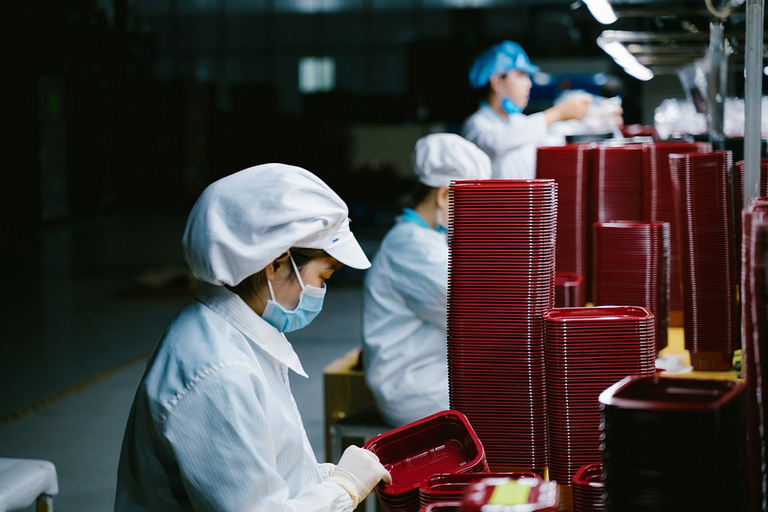
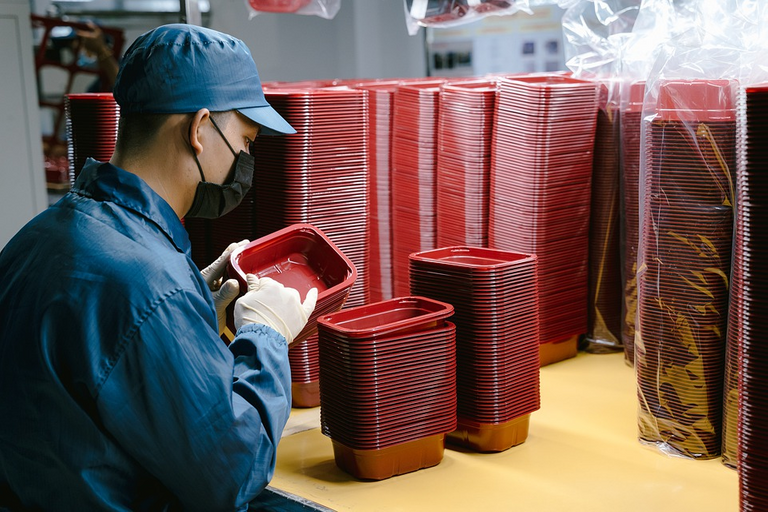
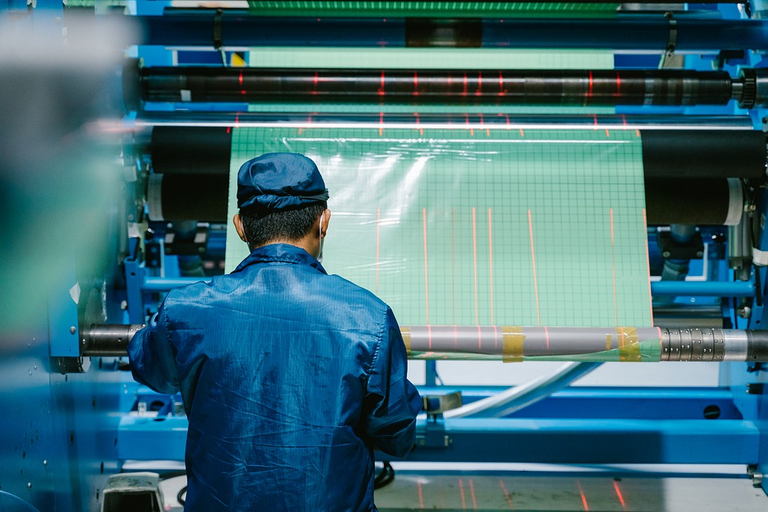
As productivity improves, more products are produced, resulting in a surplus and lower pricing. Consumers enjoy a spur of goods at a lower price, and more people can benefit from them. Industrialization allows us to save or optimize time. Since time is scarce in the corporate sector, it is unsurprising that things move quickly and everyone at a fast pace.
There are only 24 hours in a day, no matter how we slice it. Factory work, unlike rural labor, necessitates punctuality. People must learn to live according to the time. We can tie together punctuality and productivity as the driving force in the industry. Unsurprisingly, industrialization increase how we lived our lives. We can acquire gadgets and appliances to fit our needs. We owe it to industrialization on why a lot of ordinary people attain an increase in living experience. But we still can't figure out, do we have a quality of living? Or, what does it mean to live a quality life? Ironic, right?
Economic historians are proud to relate happiness to it, but being happy is impossible to measure. They compare our standard of life with monetary measurements like income, assets, and even social status. But we can't measure it that way. Happiness is subjective, and it differs from one person to another. We can't argue that industrialization creates new job opportunities, resulting in a significant poverty reduction to uplift our lives.
Industrialization is indeed a successful driver for our economy to boom. As a result, our population grows, and urbanization flourishes, which became essential to advance humanity. But it brings impending environmental consequences closer to the tolerance limit, and there will always be a question on quality of living.
Although we have new methods and machines to make work easier with increasing output, we can see inherent issues of industrialization floats. Our environmental woes get worst as we attain technological and economic progress. Pollution is the downside, resulting in a considerable decline in quality of life and life expectancy. We saw the gap between labor and capital stretch out. We saw how wealth became disproportionate. Those who controlled the means of production became disproportionately wealthy, widening income disparities.
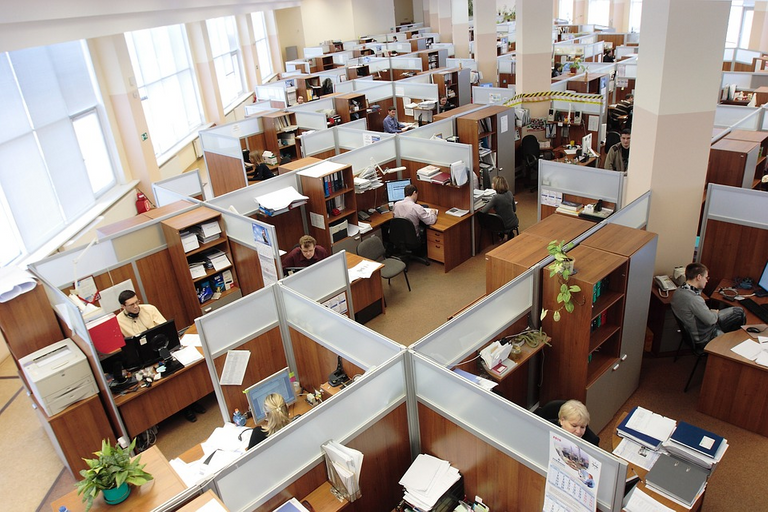
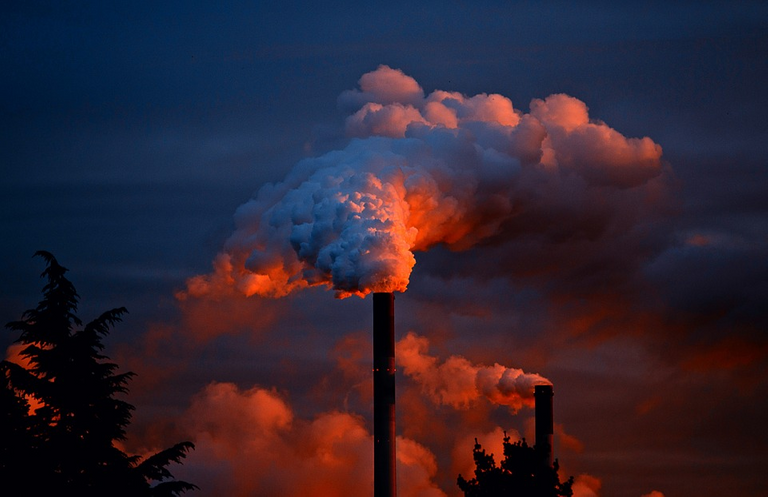
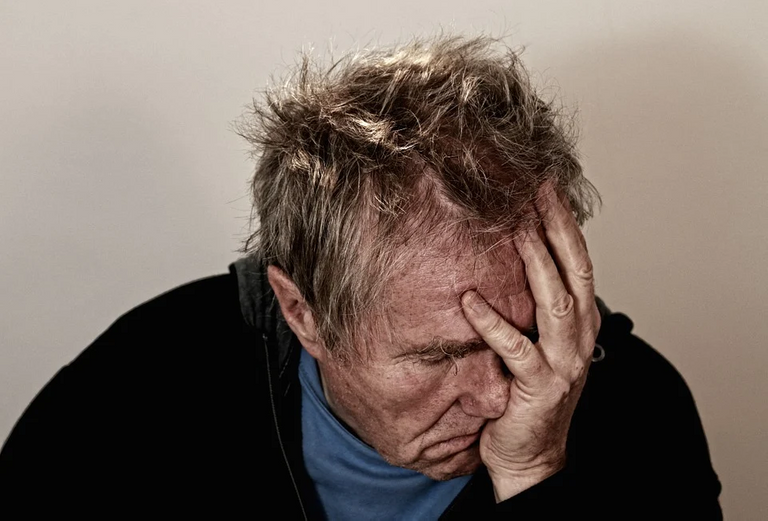


We see the rise of automation and how it can transform our economy as we ideally think about productivity. We don't walk to work because we have access to a car. We use appliances instead of mixing foods by hand. We passed our minute tasks or the repetitive ones to machines. With artificial intelligence and machine learning, people fear that it will take over their jobs.
The majority of people now work in cubicles in front of computers rather than in the fields. How industrialization altered our approach to food production, fewer farmers are working now than ever before in our history, and it will be fewer in the future. People settled in cities and worked in industries while leaving their farms. They traded the farm life with toiled long hours in cubicles and factories. To some extent, some are malnourished and just barely surviving in cramped quarters, which led to disease and stress.
We can't deny that with progress, people strive harder to meet needs. We sometimes engaged in unhealthy working conditions and environment, which can potentially cause health problems. When we rapidly urbanize, we generally decline the workers' quality of life. Also, we can have a slew of other societal issues like crime, stress, and psychological diseases. Long work hours lead to poor nutrition and the intake of low-quality, fast foods, which eventually rise to health risks and illnesses such as diabetes, heart attacks, and stroke. Are we that crazy? Maybe.
When we look at the consequences of our industrialization efforts, we can't neglect the shreds of evidence that our world would be a very different place if we didn't innovate. But, it will also be different when we are not responsible for our innovation. We have practically every product we use now thanks to earlier generations' efforts in developing new concepts, factories, and items. We should not forget the effects it brings to us, good and bad accounted. There will always be consequences to our actions, and it is non-negotiable. What we can do is weigh our actions properly.
Our modern society sprouted from our efforts of desperation to make our lives better. Industrialization improved our planet and humanity, yet we need to be responsible for the shits and mess that it brings. We need to clean up the pollution and have proactive means to combat it. If we refuse to handle our environment like how we treat our economics, our planet may not be around for much longer. We may see the dusk of our humanity soon. We need to be sustainable and regenerative in our approach to industrialization and progress. Invent to create and not to destroy.
Readings
Evanthia K. Zervoudi, Fourth Industrial Revolution: Opportunities, Challenges, and Proposed Policies, IntechOpen
Clark Nardinelli, Industrial Revolution and the Standard of Living, The Library of Economics and Liberty
Freddie Wilkinson, Industrialization, Labor, and Life : Industrialization ushered much of the world into the modern era, revamping patterns of human settlement, labor, and family life., NatGeo
Bill Snyder, Our Misplaced Fear of Job-Stealing Robots: At a Future of Work forum, experts say demographic shifts, not artificial intelligence, create the biggest challenges for today’s workplace., Standford Business Review
Photo Credit: (in order of appearance)
Photos of factory worker | Photographed by Quân Lê Quốc
Cubicle in a typical office | Photo from Pixabay
A chimney belching some smoke | Photographed by Jürgen
A person showing work burnout | Photographed by Gerd Altmann
A photo of siblings raised in the slum | Photographed by Billy Cedeno
A homeless person | Photographed by Wilhan José Gomes
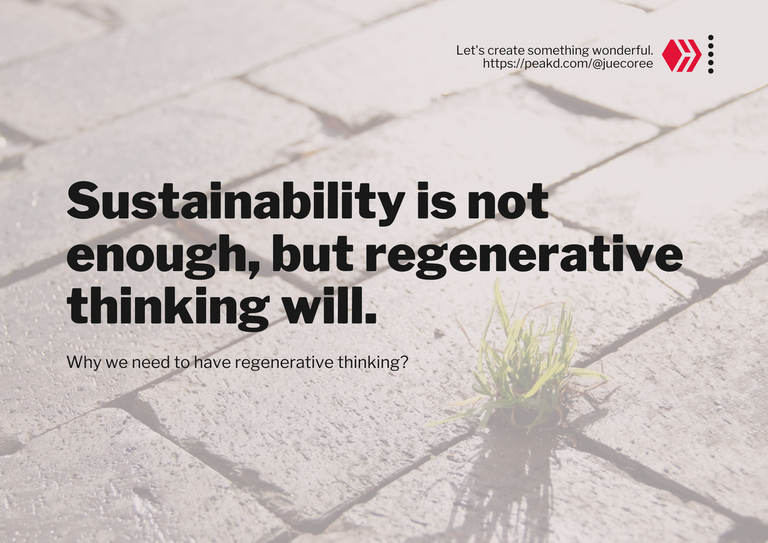
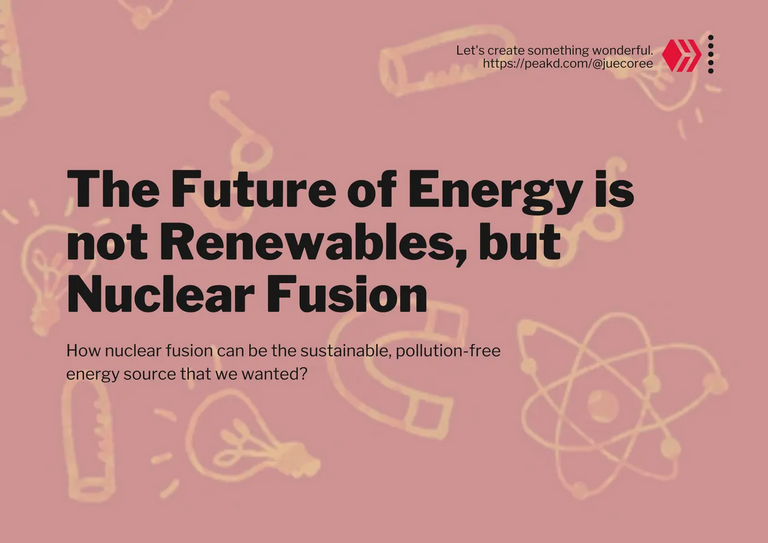
Dear @juecoree, I agree with you!
However, global cooperation and strength are needed to solve the environmental pollution and resource waste caused by China's rapid industrialization.
First, China and the world's advanced industrial countries should form an international organization to solve the problems of environmental pollution and waste of resources together.
I agree that we can enable a better solution if we can stick the world together to work for it, but it is difficult to materialized due to nation's inherent differences and political stand. !PIZZA
@goldgrifin007! I sent you a slice of $PIZZA on behalf of @juecoree.
Learn more about $PIZZA Token at hive.pizza (5/10)
Hi @juecoree the concern and reflection around the world regarding the impacts caused by industrialization is increasing. Your post is proof of that. As you point out, the industry is not bad, the problem is how its products are left, finished or not. And local governments are often responsible for this, because even though there are local, national and international laws, unfortunately, they are not taken into account. Thank you once again for bringing these issues to our attention.
Great day @alfonsoalfonsi! Industrialization give us the opportunity for progress and we need to be responsible for that. As you reiterate, the problem is how we formulate solutions for progress. Products left to rot and pollute while manufacturing process has large carbon footprints and inherent waste. As you mentioned, we have laws for regulating this mishaps but we are not effectively implementing it. By the way, enjoy some !PIZZA, @alfonsoalfonsi.
@alfonsoalfonsi! I sent you a slice of $PIZZA on behalf of @juecoree.
Learn more about $PIZZA Token at hive.pizza (3/10)
Thanks for your contribution to the STEMsocial community. Feel free to join us on discord to get to know the rest of us!
Please consider supporting our funding proposal, approving our witness (@stem.witness) or delegating to the @stemsocial account (for some ROI).
Please consider using the STEMsocial app app and including @stemsocial as a beneficiary to get a stronger support.